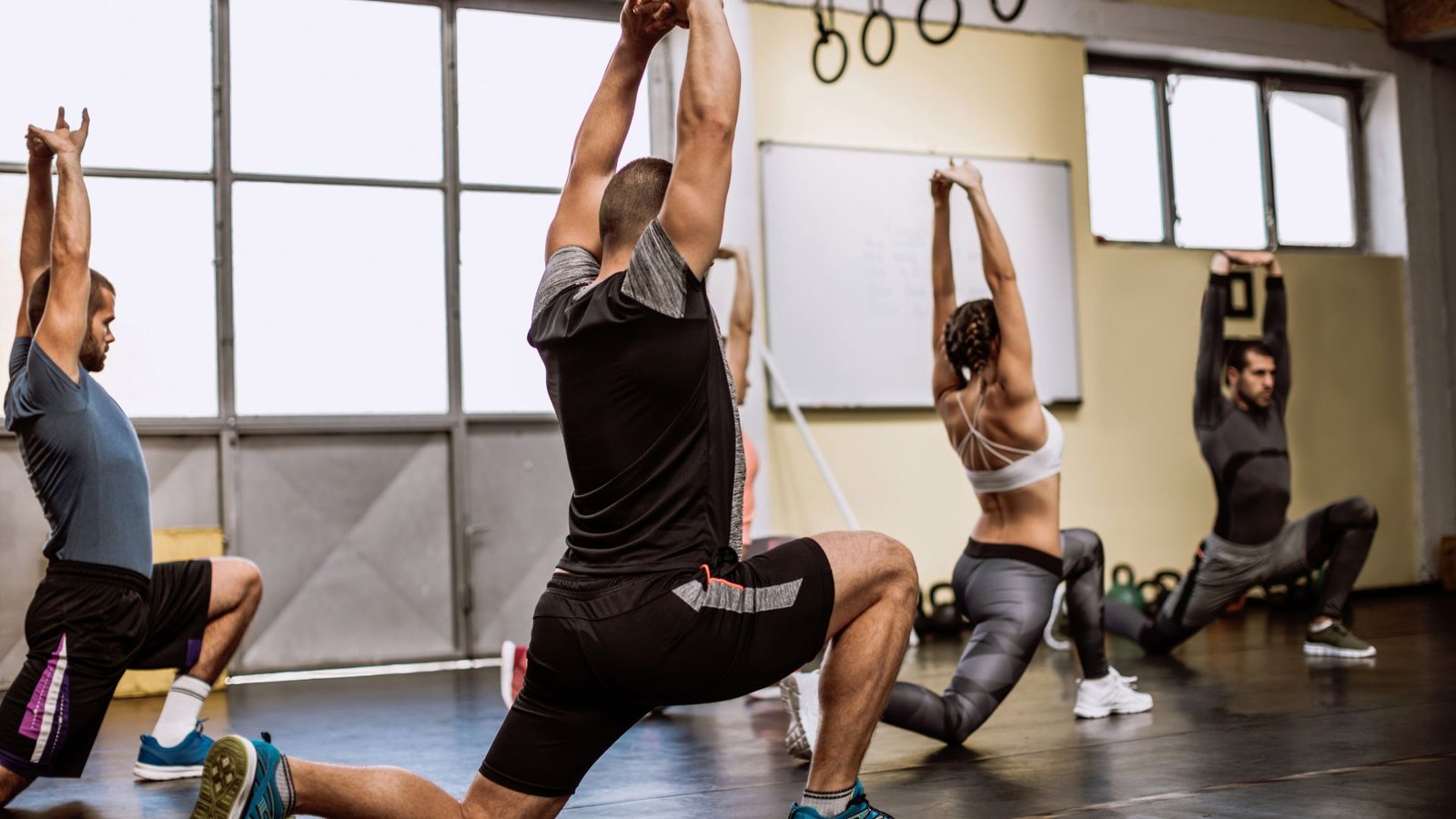Whether you’re lifting weights, typing at a desk, or engaging in sports, your arms play a major role in nearly every movement. Incorporating arm stretching exercises into your routine can enhance flexibility, reduce the risk of injury, and improve overall performance.
This guide explores the benefits of arm stretches and provides simple yet effective arm stretching exercises you can do anywhere.

Why Arm Stretching Exercises Are Important
Your arms are constantly at work—lifting, pushing, pulling, and reaching. Over time, tightness in the biceps, triceps, shoulders, and forearms can lead to discomfort, limited range of motion, or even injury.
Regular arm stretching exercises can help:
Increase flexibility and mobility
Improve posture and range of motion
Reduce muscle soreness and stiffness
Prevent repetitive strain injuries
Support recovery after workouts or long hours of desk work
When to Do Arm Stretching Exercises
Arm stretches are beneficial before and after workouts, during warm-ups or cooldowns, and even as part of your daily routine. You don’t need a gym—just a few minutes and a small space.
Best Times to Stretch:
After upper body workouts
In the morning to loosen stiff muscles
After prolonged computer use
During breaks at work to release tension
Top Arm Stretching Exercises
Here are some of the most effective arm stretching exercises to loosen and lengthen your upper body muscles:
1. Overhead Triceps Stretch
How to do it:
Raise one arm overhead
Bend the elbow so your hand reaches down your back
Use the opposite hand to gently press the elbow
Hold for 20–30 seconds, switch sides
Benefits: Stretches the triceps, lats, and shoulders
2. Cross-Body Shoulder Stretch
How to do it:
Extend one arm across your chest
Use the other arm to hold it in place at the elbow
Keep shoulders relaxed and hold for 20–30 seconds per side
Benefits: Targets the shoulder and upper arm muscles
3. Wrist and Forearm Stretch
How to do it:
Extend one arm straight with palm facing up
Use the opposite hand to gently pull fingers downward
Hold for 20 seconds, then switch hands
Benefits: Stretches forearm flexors and improves wrist mobility
4. Biceps Wall Stretch
How to do it:
Stand sideways next to a wall
Extend your arm back, palm flat on the wall
Gently rotate your body away from the wall
Hold for 20–30 seconds
Benefits: Opens up the biceps, chest, and shoulders
5. Thread-the-Needle Stretch
How to do it:
Start on all fours
Slide one arm under your chest, palm facing up
Rest your shoulder and head on the floor
Hold for 30 seconds, then switch sides
Benefits: Relieves shoulder and upper back tension
Tips for Safe and Effective Stretching
Warm up slightly before static stretching to avoid injury
Hold each stretch for at least 20–30 seconds
Avoid bouncing; stretch slowly and gently
Breathe deeply to help your muscles relax
Be consistent—daily stretching delivers the best results
Final Thoughts
Incorporating arm stretching exercises into your routine is one of the easiest ways to improve flexibility, reduce pain, and maintain healthy movement in your upper body. Whether you’re an athlete, a desk worker, or somewhere in between, arm stretches can help you move and feel better every day.
Start small, stretch regularly, and enjoy the long-term benefits of better mobility and less tension.